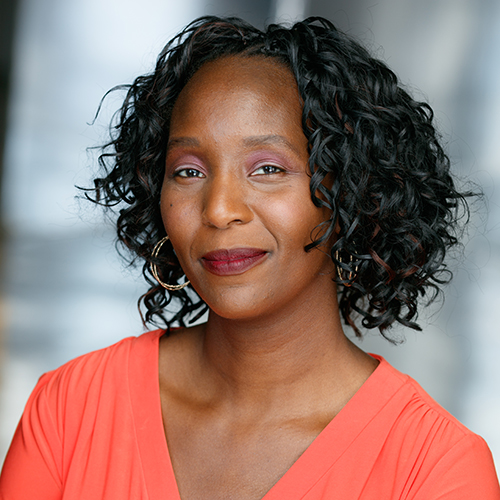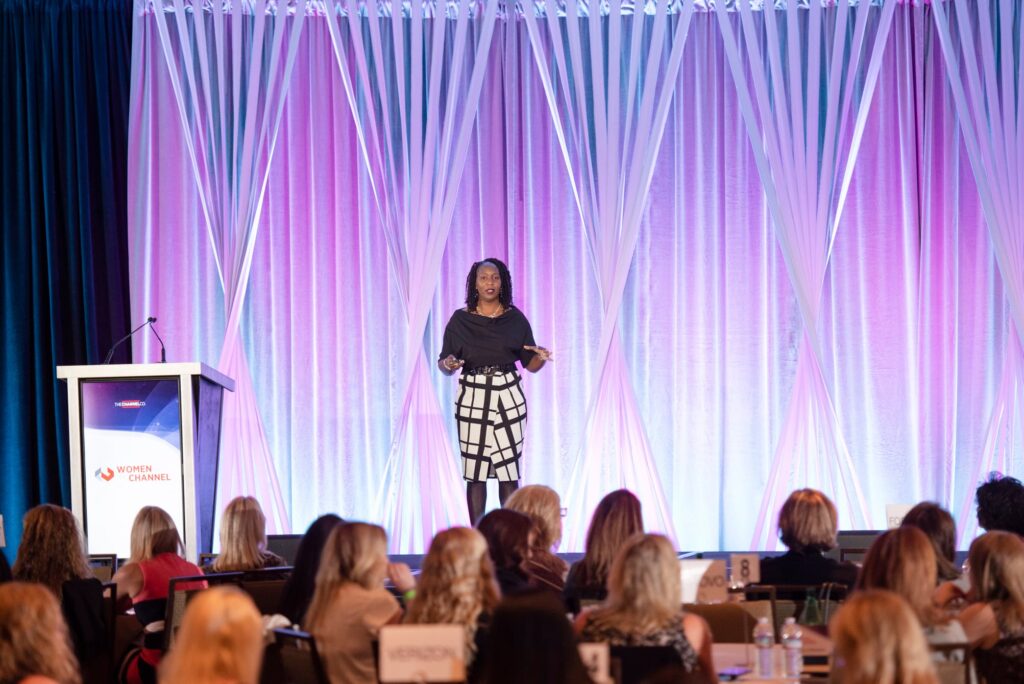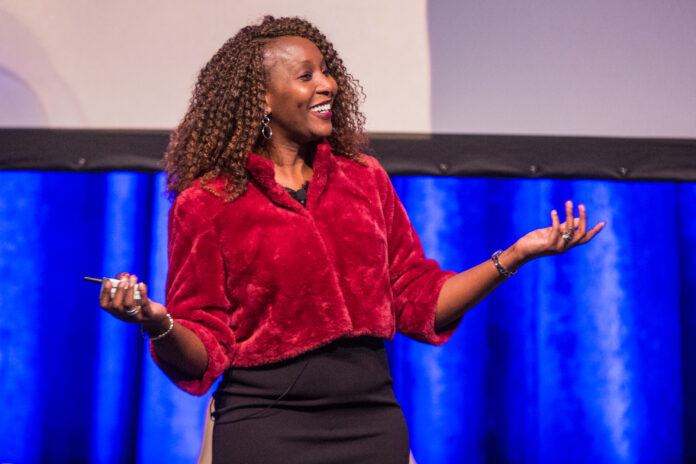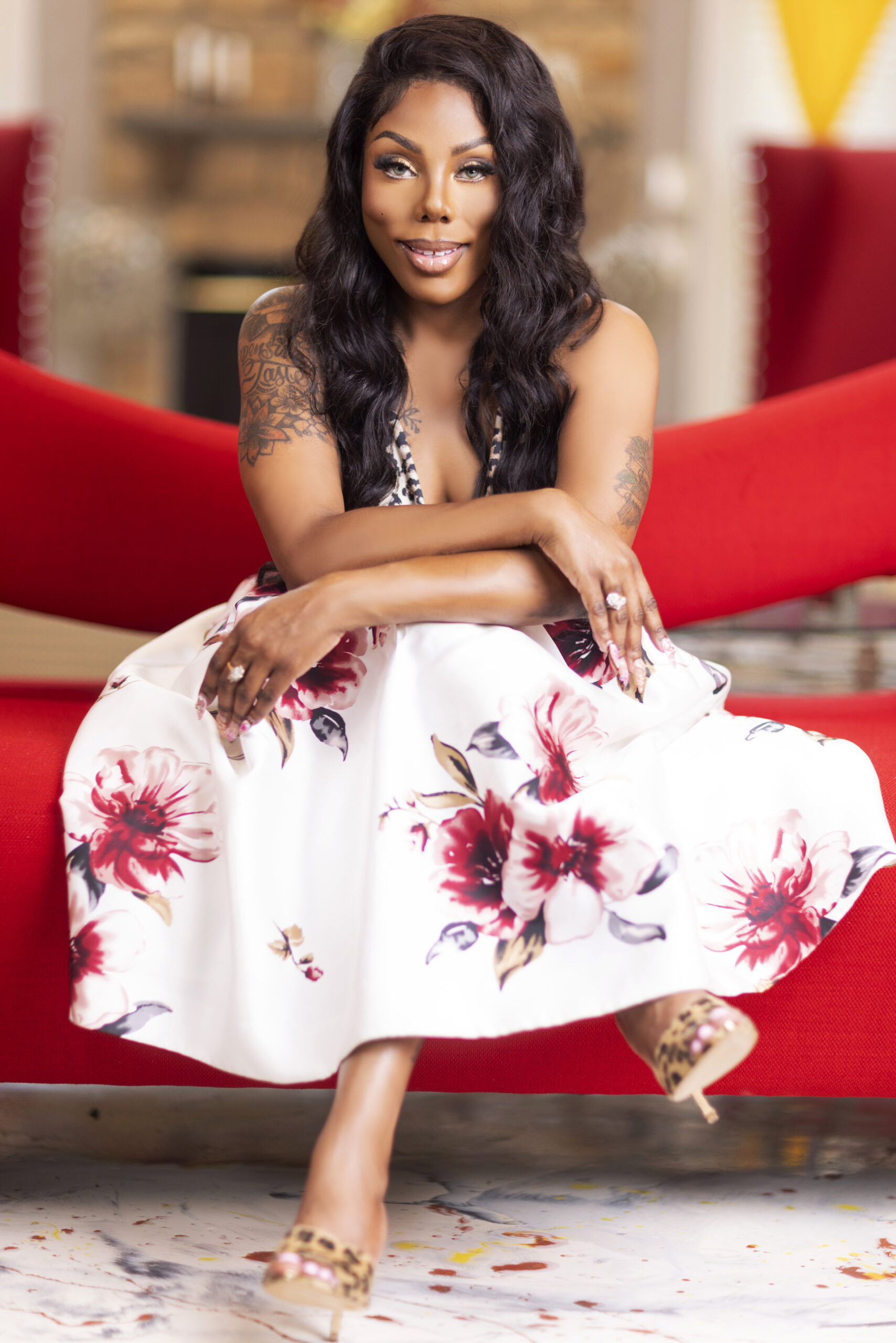( ENSPIRE Interviews ) Stacey Gordon Comments on Growing Tensions Regarding DEI and Workplace Discrimination
ENSPIRE Contributor: Megan Sydow
As workplace discrimination grows in prevalence, an emphasis on diversity, equity, and inclusion – known as DEI – has become very important. Stacey Gordon, Executive Advisor and Chief Diversity Strategist at Rework Work, addresses the frustration felt amongst people of color and Black people while discussing how and why DEI is important.
Author of “Unbiased: Addressing Unconscious Bias at Work”, Stacey Gordon explains and emphasizes DEI practices. Gordon is a strong advocate against workplace discrimination and fostering an environment that is not all-inclusive. ENSPIRE spoke with her to highlight this issue and the reason why change is important.

What is diversity, equity, and inclusion, and why is it important that workplaces implement DEI practices?
Diversity is not an identity. It is the difference in people’s experiences, perspectives, and patterns of behavior. Equity is the assurance of the same outcomes for all. Inclusion is the active outreach that values unique experiences and perspectives of difference. Workplaces need to not only acknowledge, but [also] implement DEI into every goal, every decision, every project, and every process. By treating DEI as if it is a separate initiative, we will never be able to achieve the outcome we seek, which is to have workplaces work for everyone.
How can bias affect people in the workplace, from a monetary standpoint (bank account, salary, etc.) to a growth standpoint (moving up in the company/industry, etc.)? What can employers and fellow employees do to combat it?
I’ve lived a life without money. I’ve seen the difference money makes in how people treat you, and in how you think about yourself and we’ve all seen what money can do for a person. Money gives you options, opens doors, provides opportunities, and affords you the benefit of the doubt. However, when you are a person of color and you are not given the [same] opportunity to be promoted because you are constantly undermined and micromanaged, you are not going to have the same quality of life as someone who does receive that opportunity. If companies want to begin to address this, they have to receive their performance evaluation policies, look at who they have on performance improvement plans and look at who is doing all of the grunt work in their organizations but for the least amount of pay.

What biases are there about women, and what can lessen the effects of and/or eliminate it entirely?
The bias against women runs the gamut from lack of pay equity to refusal to see them as competent in high-value roles to expecting them to perform the tasks of secretary and cleanup crew in meetings. The framework that I use to guide companies in improving inclusion in the workplace is change management which begins with awareness. The problem is a lack of awareness, and without individuals willing to open their eyes to the bias that exists all around them, we can’t change anything.
What are some inappropriate ways people have approached conversations about DEI, and how can we reform discussions in a way that makes them more productive?
Leaders have been diving into tough conversations when they haven’t been given tools or guidance on how and unsurprisingly, they haven’t handled them well. If we want to have discussions that are productive, we have to understand the underlying concepts of psychological safety and pair that with listening skills and self-awareness.
Could you name the most valuable information people can have about inequity in the workplace and how to create a more inclusive environment?
Inclusion is simple. We have to get back to basics and treat individuals in accordance with our values. We have to simplify DEI from this large and difficult initiative in the workplace to something [that] we can actually control the outcome [of]. We have to equip ourselves to not only manage organizational change but also individual behavioral change. We each have control over how we show up to work each day and whether or not we choose to include others.

How can employers and fellow employees create an environment that makes people of color feel valued and heard?
A great way to create an environment that makes people of color feel valued and heard is to actually listen to them. One easy suggestion is workplace flexibility. It has been made very clear that we can all work quite effectively and efficiently without needing to be in the office every day. Studies have also shown that Black employees prefer to work remotely because they are subjected to fewer micro-aggressions and have an increased ability to manage their stress levels.
How can we combat employers/companies who claim to fight against workplace discrimination but don’t live up to their promises?
We are seeing the action now. The Great Resignation is happening and employees are leaving employers who did not live up to their promises and did not treat them well during the pandemic.
Stacey Gordon and her team take the resources and experiences they have acquired to address the best DEI strategies to implement in companies. In an environment where skin color plays a role in a person’s bank account and business growth, Gordon emphasizes the importance of these strategies and how they can create productive conversations, an inclusive work environment, and a powerful fight against workplace discrimination.
Related Articles: Improving Workplace Diversity, Equity, and Inclusion With Work Wider, NBMBAA Calling For Advocacy and Social Justice in the Workplace







